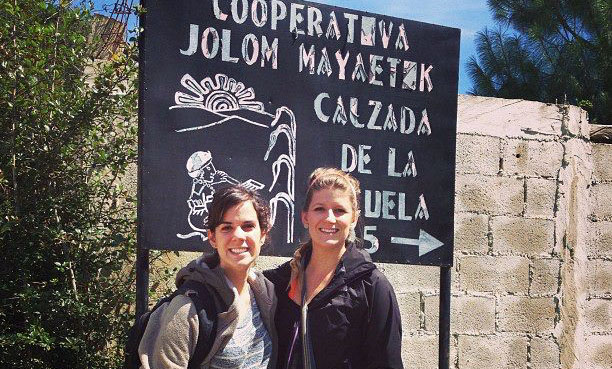
The Pachamama Project strives to eradicate taboos and stigmas associated with menstruation and improve the human right to clean water and education in Bolivia. The goal of the project is to develop and disseminate information regarding menstrual hygiene management (MHM) in underserved peri-urban indigenous and migrant communities in Cochabamba, Bolivia. By fostering community and school level participation in discussions and education about water, sanitation, hygiene (WASH), and MHM, the Pachamama Project seeks to broaden understandings of the human right to water, gender equality, and basic human rights. This project, in collaboration with the NGO, Water for People, will collect information in areas overlooked by the government, facilitate community organizing, lead education initiatives, and involve local stakeholders in project decision making. By framing MHM as a human rights issue, it can tap into larger discourses of justice, equity, and gender equality instead of remaining a taboo subject with complex stigmas assigned to it.

